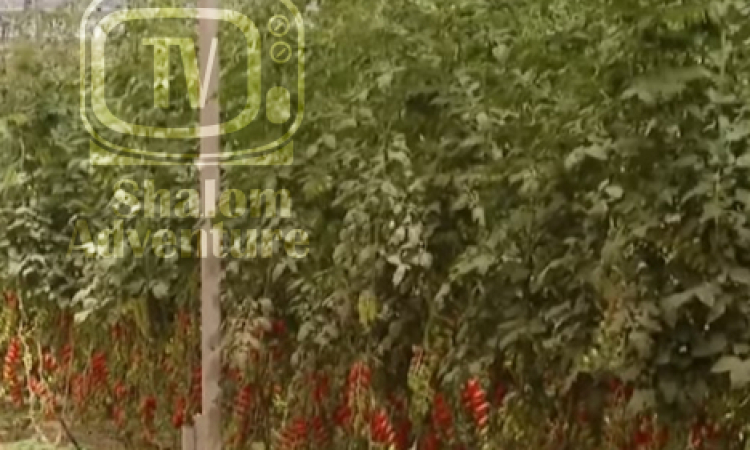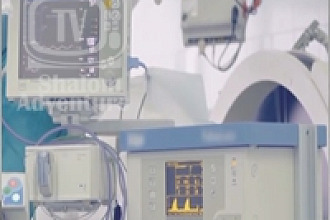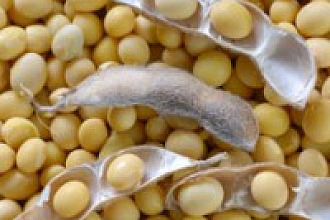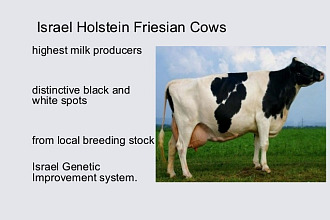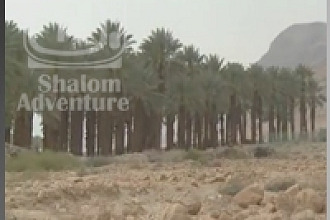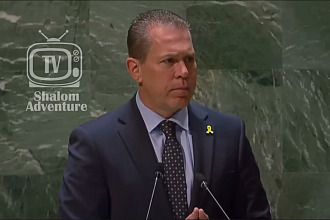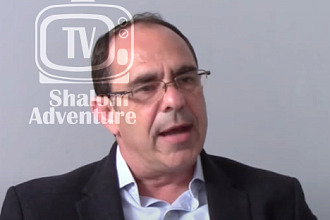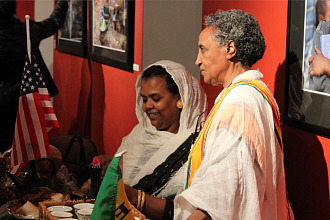It seems ironic and impossible to be growing produce in the harsh Negev Desert of southern Israel, a desert that takes up 25 percent of the country’s landmass. Yet by God’s grace, many farmers over the centuries, even despite Crusader invasions, have cultivated mechanisms of successfully growing almonds, lemons, vineyards, and other produce to feed the Israeli people despite the challenges presented by the this inhospitable climate.
“Many farmers around the world look to Israel as a model of how to manage and flourish in conditions of water scarcity and a hotter, drier climate,” said Ram Fishman, Tel Aviv University’s Nitsan Sustainable Development Lab and expert on smallholder farmers and climate change per ISRAEL21c.
From drip irrigation to biopesticides and biofertilizers to mechanisms to solve crop disease, Israeli agricultural technology has blessed many states in the USA working to solve problems related to droughts or rising sea levels, and Israel has blessed India, and various rural African and Asian countries with its technology at a fraction of the cost of what might have been produced in the USA or European Union.
“In Africa and Asia, they see Israel as the source of solutions. Sometimes they have exaggerated notions of what Israel can do and how it manages without enough water. But even if blown a little out of proportion, there is a lot of truth in that notion,” Fishman continued. “We do have an amazing amount of knowledge and experience from agronomists, farmers, companies and R&D centers. Our lab’s purpose is to be a bridge between these smallholder farmers and Israeli expertise and technology.”
Israel is the first countries in the world to discover ways of using brackish (salty) water in agricultural practices. The Negev Desert has an immense shortage of fresh water but there are underground sources of brackish water available, as is typical for deserts throughout the world, which farmers and scientists by God’s grace have discovered ways of using to prosper the nation’s food supply.
When Israel was first reborn in 1948, Prime Minister David Ben-Gurion was pretty firm in his dreams to see the Negev Desert become a land cultivated where the Israeli people could settle and prosper. Indeed, while undeniably a desert today, more than 70 years later, his vision is indeed coming to pass as Israel has successfully grown tomatoes, olives, grapes, various flowers, and no shortage of other flora and fauna against a barren brown sea of sand.
Written by Erin Parfet

